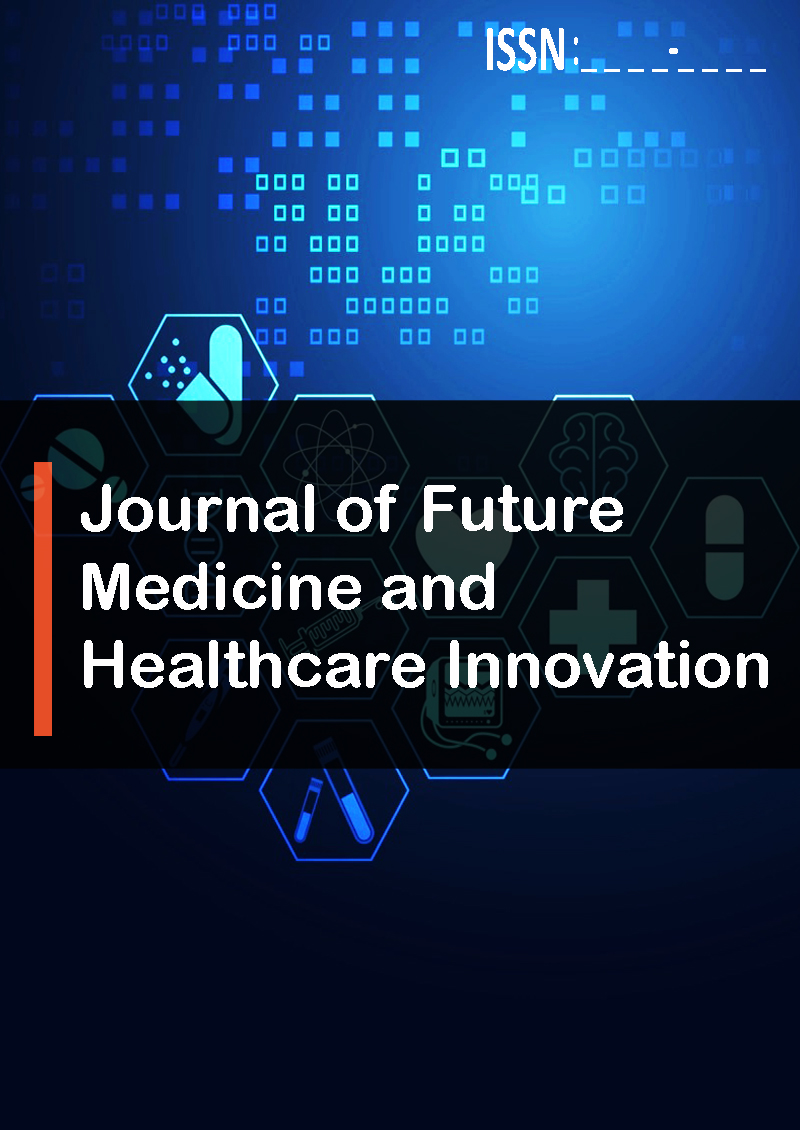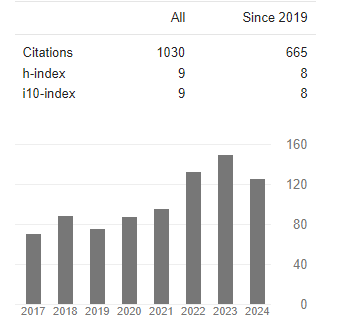Effects of Bottle-Feeding Practice on Undernutrition Among Children 6 to 23 Months Old in Bole Sub-City Health Centers, Addis Abeba, Ethiopia: Unmatched Case-Control Study
Abstract
Kedir Negesso Tukeni, Kelil Hussein Jibicho and Kedir Teji Roba
Background: Nowadays, both metropolitan areas of underdeveloped countries and the industrialized world use bottles to feed babies. Particularly in developing nations like sub-Saharan Africa, this practice is linked to an increased risk of diarrheal illnesses. In Bole Sub-City Health Centers in Addis Ababa, Ethiopia, this study was carried out to assess the impact of bottle-feeding practice on undernutrition in children aged 6-23 months.
Objective: Therefore, the goal of this study was to determine the prevalence of bottle feeding and its effects on undernutrition and the risk of developing diarrheal infections in children aged 6 to 23 months in Bole, Addis Abeba, Ethiopia.
Methods: A facility-based unmatched case-control study was carried out in Bole, Addis Abeba, Ethiopia, from November 1 to October 30, 2020. 162 mothers who had children between the ages of 6 and 23 months were used to recruit a total of 52 cases and 103 controls (1:2 ratios). With the aid of a multivariable binary logistic regression model, bottle-feeding effects were discovered. Bottle feeding was determined to be significantly linked with variables.
Results: 53.8% of the total 52 cases were wasted, compared to 29.1% of the controls, demonstrating a strong correlation between wasting and bottle feeding (AOR= 3.38, 95% C.I.: ((1.33,8.61)). Compared to the control group, the bottle-feeding group experienced more diarrhea (AOR = 3.47, 95% C.I.: 1.07, 11.16). Factors related to bottle feeding were having a cesarean section (AOR= 4.09, 95% C.I.: 1.59, 10.52), and working for the government (AOR= 5.03, 95% C.I.: 1.87, 13.57).
Conclusion: Children who were being bottle-fed had higher rates of wasting and diarrhea. Bottle feeding was substantially correlated with the delivery method and the husband's employment. During ANC follow-up, mothers may receive counseling regarding the hazards of bottle feeding, which could enhance optimal feeding techniques after 6 months.




